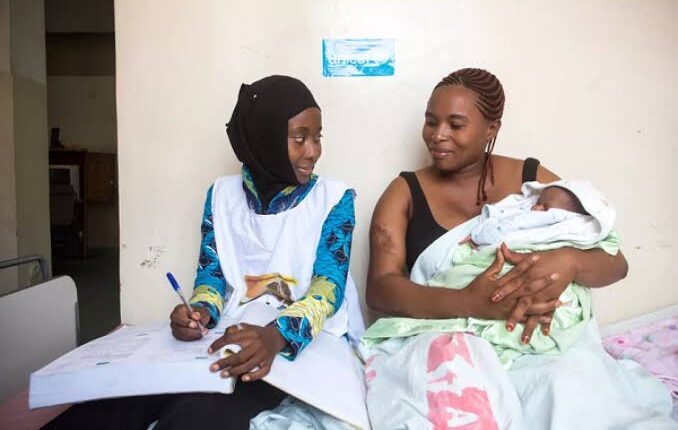A new report by the United Nations Children’s Fund (UNICEF) reveals significant strides in birth registration, with nearly eight in 10 children under five registered globally in the past five years. However, 150 million children remain unregistered, leaving them “invisible” to government systems.
The report, The Right Start in Life: Global Levels and Trends in Birth Registration, highlights that unregistered children are deprived of legal identity, increasing their vulnerability to statelessness and limiting their access to essential services like healthcare, education, and social protection.
UNICEF Executive Director Catherine Russell stressed the urgency of ensuring universal birth registration. “Every child, everywhere, must be registered at birth to secure their legal identity and protection,” Russell said.
While global birth registration rates have risen from 75% in 2019 to 77% today, progress is uneven. Regions like Latin America and the Caribbean, Eastern and South-Eastern Asia, and Central and Southern Asia report less than 30% of unregistered births, but Sub-Saharan Africa lags significantly, accounting for half of the world’s unregistered children.
In Sub-Saharan Africa, stark disparities exist. Southern Africa boasts 88% birth registration rates, while Eastern and Middle Africa lag at just 41%. Rapid population growth in the region threatens to increase unregistered children to over 100 million by 2030 if current trends persist.
Families often cite long distances to registration centers, multiple visits, high costs, and discriminatory practices as barriers to birth registration. Nonetheless, success stories from countries like Botswana, Côte d’Ivoire, and Rwanda showcase effective strategies, such as leveraging health and education systems, eliminating fees, and adopting digital technologies to streamline processes.
UNICEF is urging governments to prioritize birth registration as a cornerstone of legal identity systems. The agency advocates for integrating registration processes with health and social services, implementing legal reforms for equitable access, and empowering communities to demand registration as a fundamental right.
“Birth registration ensures children are recognized under the law, protecting them from exploitation and providing access to life-saving vaccines, education, and healthcare,” Russell said, emphasizing the need for sustained global efforts.
The report underscores that achieving universal birth registration is vital to safeguarding children’s rights and building equitable societies.


